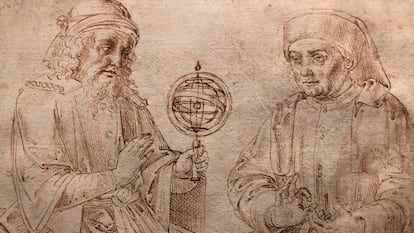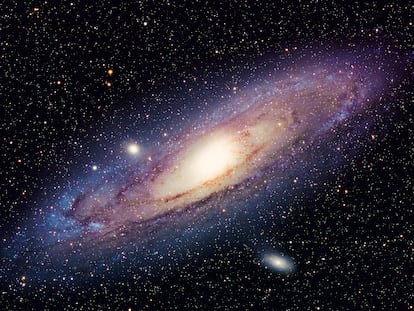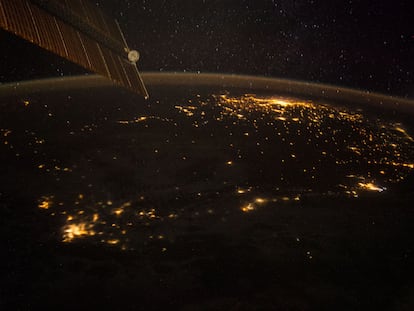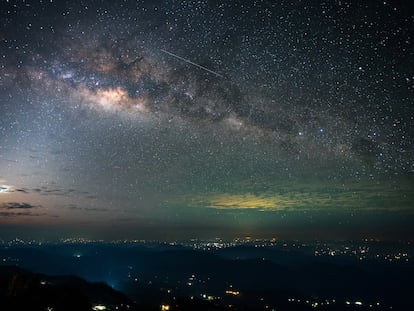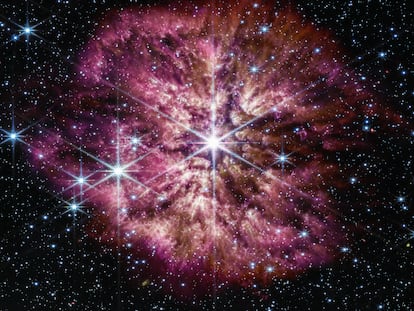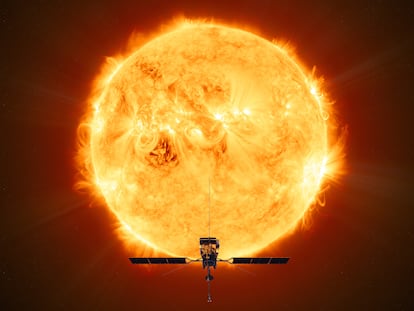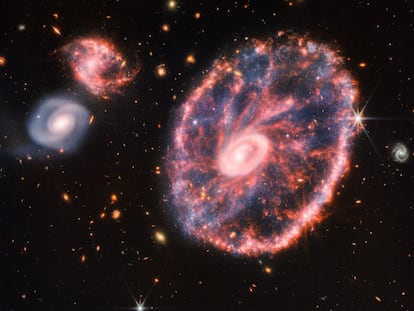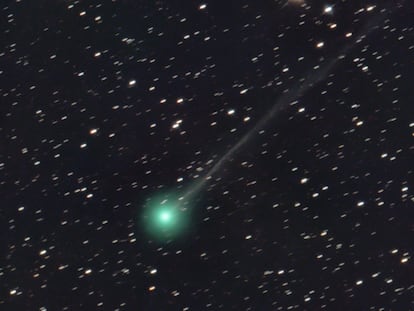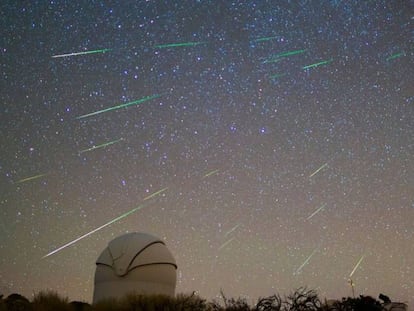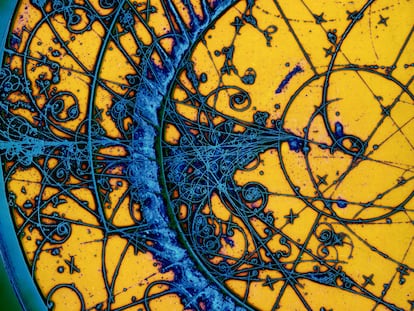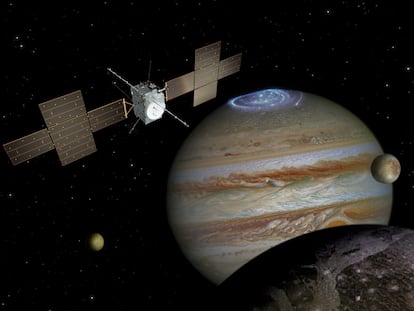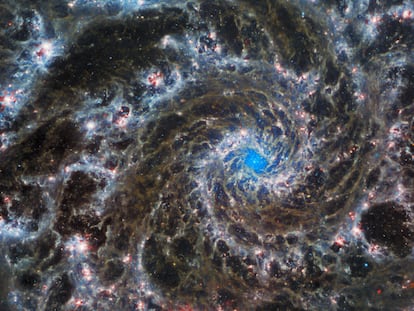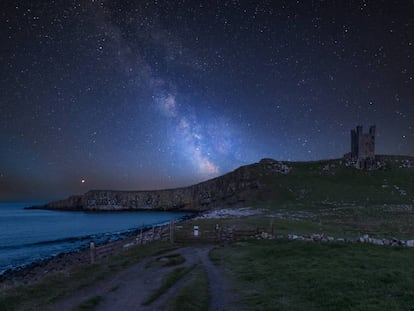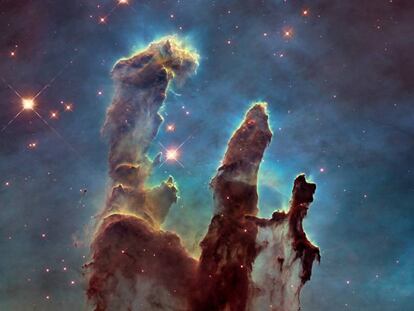Human life, and science as part of it, are based on certain mental schemes that we call paradigms, and which are sometimes broken to open the mind to new horizon
A story that begins with three animals riding in a balloon ends with the discovery of protons impacting our atmosphere with energies equivalent to a golf ball
It is the brightest point in a constellation first described 2,000 years ago and was the first distant star captured in a photo by scientists in the 19th century
Our knowledge of physics — gained through astrophysical experiments, or in laboratories via machines such as particle accelerators — is sufficient to know what happened in the first three minutes of the universe, where everything we see today was forged
All galaxies, and the Milky Way is no exception, are dying: They no longer form stars as before, and will end up completely extinguished
These phenomena are beautiful, and also very interesting from a physical point of view, as they are full of surprises
Everything in the universe mutates, often on time scales that escape us, but also in more earthly time frames. You just have to have the right instruments to measure it and know where to look
The concept of day and night on Earth is very different from that of other worlds, where a day can last longer than a year or areas of a planet can experience eternal night
We are a collection of atoms that have been dancing through the cosmos for billions of years. What is the cosmic age of our bodies? And for that matter, what is Earth’s?
Stars are born. Then, they live and die. And, for them, death is usually quite a dramatic process of complete destruction. Why is this the case?
Every 11 years the Sun needs a reset, and it has been occurring since we have had the instrumentation to measure it, perhaps even before
It has been a century since the event that led to the discovery that the Milky Way is not the only galaxy in the universe
Finding and tracking comets and asteroids is a crucial task in astronomy that help us understand the physics governing the universe
Aside from being a beautiful spectacle in the August sky, the shooting stars reveal many things about the evolution of the Solar System
From a physical perspective, two of the James Webb Space Telescope’s most unexpected results are related to recent images of New York
The famous hypothesis cannot explain one fundamental thing: why matter and antimatter didn’t cancel each other out
Escaping Earth’s gravity is difficult, but some basic laws of science make interplanetary travel possible
One of the most challenging problems for astrophysicists is understanding how star and planet formation works on a cosmic scale
These are the keys to start a serious discussion about the existence of advanced societies elsewhere in the universe
General relativity, optics, the concept of time, all come together in this celestial object’s story, the end of which has been written, but has not yet passed
Next time we drink a glass of water, we should consider that our life may be more related to the stars than we think, and that in addition to stardust we are the result of a clash of giants
Things don’t always seem smaller the farther away you get. It’s a strange phenomenon of astrophysics that doesn’t correspond to our everyday experience
The concept of time is key to understanding perception, but it is not as simple or easy to understand as we would like
More than two decades ago, the Hubble Space Telescope began to show us the fate of the stars, galaxies and, by extension, the cosmos, which is in irreversible decline
